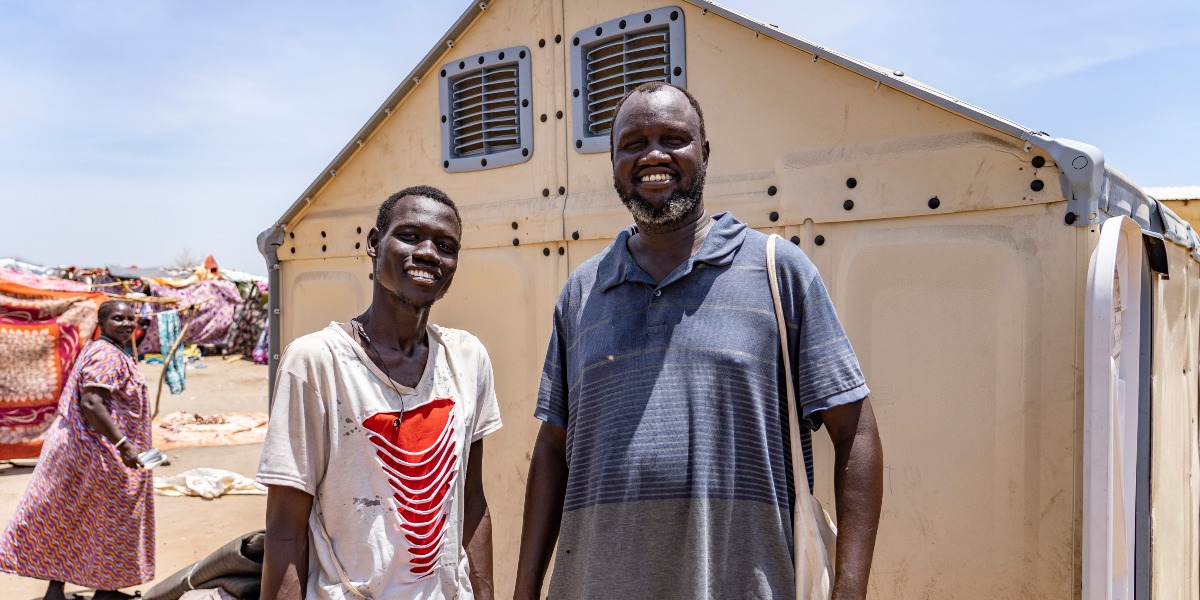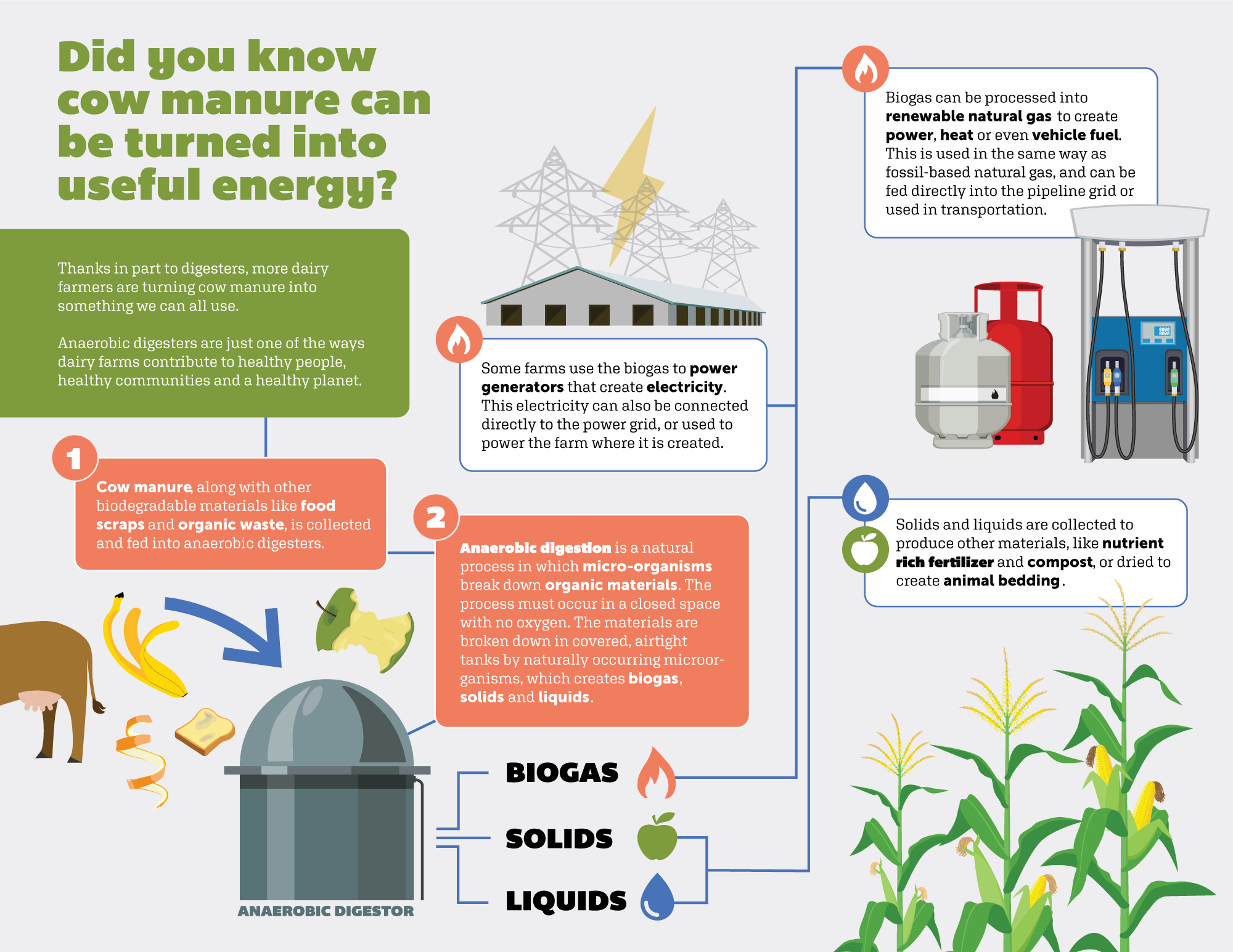South Sudan-US Collaboration On Deportees' Repatriation

Table of Contents
The Humanitarian Crisis Driving Repatriation Efforts
The scale of the problem is significant. Thousands of South Sudanese nationals have been deported from the US in recent years, facing immense hardships upon their return. Precise figures fluctuate, but reports suggest a steady stream of deportations over the past five years, placing immense strain on already fragile resources within South Sudan.
The Scale of the Problem:
- Limited Data Availability: Gathering precise data on deportation numbers remains a challenge due to inconsistencies in reporting across different agencies. However, anecdotal evidence and reports from NGOs suggest a substantial influx of returnees.
- Lack of Infrastructure: South Sudan grapples with inadequate infrastructure to support returning citizens. Many lack access to basic necessities like shelter, food, healthcare, and employment opportunities.
- Vulnerability and Exploitation: Deportees, often arriving with limited resources and lacking family support networks, are highly vulnerable to exploitation, human trafficking, and other forms of abuse. This vulnerability is exacerbated by the ongoing conflict and instability within the country.
The Role of International Organizations:
Several international organizations play a vital role in mitigating the humanitarian consequences of these deportations. Key players include:
- UNHCR (United Nations High Commissioner for Refugees): Provides protection and assistance to refugees and asylum seekers, including those returning to South Sudan. Their efforts often focus on ensuring safe passage and initial resettlement support.
- IOM (International Organization for Migration): Plays a critical role in the logistical aspects of repatriation, including transportation, documentation, and coordination with relevant authorities. They also provide assistance with reintegration efforts.
- Other NGOs: Numerous NGOs, both international and local, are involved in providing humanitarian aid, such as food, shelter, and medical assistance to deportees. Their work is essential in bridging the gaps in government support.
The Framework of South Sudan-US Cooperation
The South Sudan-US collaboration on deportees' repatriation operates within a complex framework of bilateral agreements and ongoing diplomatic initiatives. While formal, publicly available agreements might be limited, the cooperation largely stems from a shared understanding of the humanitarian urgency and a commitment to addressing the challenges collaboratively.
Bilateral Agreements and Diplomatic Initiatives:
- Informal Channels of Communication: The collaboration is often facilitated through informal channels of communication between the US embassy in Juba and South Sudanese government officials. These channels are critical for information sharing and coordination.
- Case-by-Case Basis: The process frequently operates on a case-by-case basis, with each deportation necessitating close coordination between the two governments to ensure a safe and orderly return.
Challenges in Coordination and Implementation:
Despite the collaborative intent, significant challenges hinder the effectiveness of the repatriation process:
- Bureaucratic Hurdles: Navigating bureaucratic procedures in both countries can be slow and cumbersome, delaying the repatriation process. Verification of identities and documentation often presents significant obstacles.
- Logistical Difficulties: The logistical complexities of transporting deportees from the US to South Sudan, particularly given the country’s infrastructural limitations, pose significant challenges.
- Differing Priorities: Differences in priorities and resource allocation between the two governments can lead to inconsistencies in implementation and delays in providing necessary support. Funding limitations frequently restrict the scale and scope of the repatriation program.
Successes and Impact of the Repatriation Program
Despite the considerable challenges, the South Sudan-US collaboration has achieved some notable successes in repatriating individuals and facilitating their reintegration.
Numbers Repatriated and Success Stories:
While precise figures are difficult to obtain publicly, individual case studies highlight the positive impact of successful repatriation. Examples of individuals who have received support for resettlement and reintegration into their communities showcase the effectiveness of the programs when they function optimally.
Long-Term Sustainability and Future Prospects:
The long-term success of the repatriation program hinges on the development of sustainable solutions:
- Sustainable Reintegration Programs: Investing in comprehensive reintegration programs, providing access to education, vocational training, and employment opportunities are crucial for the long-term success of returnees.
- Capacity Building: Strengthening the capacity of South Sudanese institutions to manage and support returning citizens is vital. This includes training personnel and improving infrastructure.
- Expanded Collaboration: Expanding collaboration with other countries that also deport South Sudanese citizens is essential for establishing a more comprehensive and coordinated approach.
Forging a Path Forward: The Importance of Continued South Sudan-US Collaboration on Deportees' Repatriation
The South Sudan-US collaboration on deportees' repatriation, while facing numerous challenges, represents a crucial effort to address a significant humanitarian crisis. The program’s success relies on a continued commitment from both governments, alongside increased support from international organizations and NGOs. The vulnerability of deportees necessitates sustained funding and improved coordination mechanisms. By focusing on sustainable reintegration programs and strengthening institutional capacity within South Sudan, this initiative can evolve into a more effective and humane response to the ongoing crisis. We urge readers to learn more about these crucial South Sudan deportation initiatives and advocate for increased resources to support the US-South Sudan repatriation efforts and other similar collaborations. The future well-being of thousands of South Sudanese citizens depends on it.

Featured Posts
-
 Open Ai Under Ftc Scrutiny Chat Gpts Future In Question
Apr 22, 2025
Open Ai Under Ftc Scrutiny Chat Gpts Future In Question
Apr 22, 2025 -
 In Depth Review Razer Blade 16 2025 Ultra Portable Powerhouse
Apr 22, 2025
In Depth Review Razer Blade 16 2025 Ultra Portable Powerhouse
Apr 22, 2025 -
 Trumps Ukraine Proposal Kyivs Urgent Response Needed
Apr 22, 2025
Trumps Ukraine Proposal Kyivs Urgent Response Needed
Apr 22, 2025 -
 Turning Poop Into Podcast Gold An Ai Powered Approach To Repetitive Document Analysis
Apr 22, 2025
Turning Poop Into Podcast Gold An Ai Powered Approach To Repetitive Document Analysis
Apr 22, 2025 -
 Vehicle Subsystem Issue Forces Blue Origin Launch Cancellation
Apr 22, 2025
Vehicle Subsystem Issue Forces Blue Origin Launch Cancellation
Apr 22, 2025
